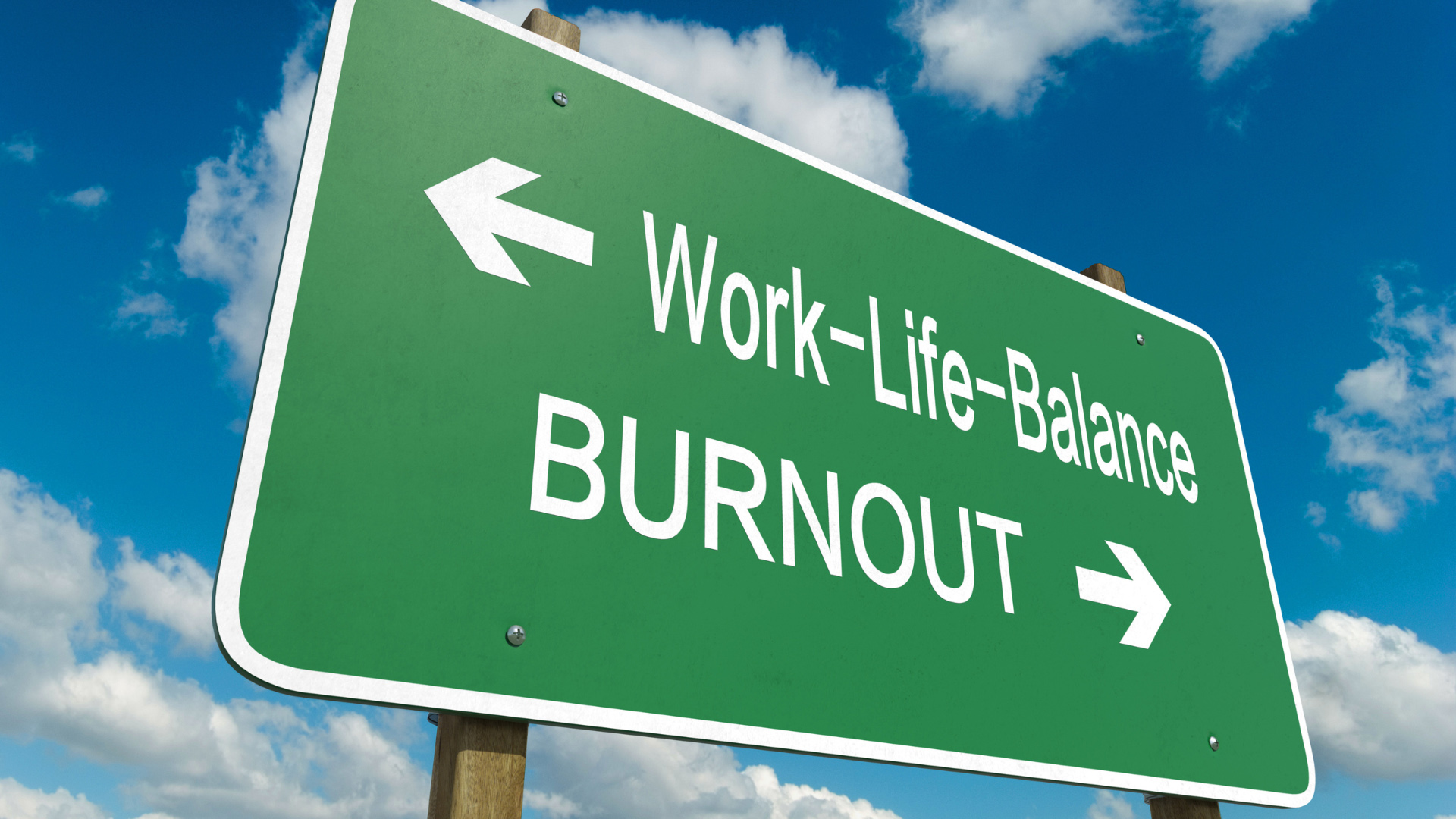
Attaining the title of CEO is an outstanding achievement in anyone’s career. However, it often comes with added stress and reduced time for personal activities. Therefore, finding the proper work-life balance for an executive of any sort is an ongoing quest.
Is it even possible for high-level executives to have a work-life balance, or is it a myth? Rest assured, a work-life balance for all levels of executives is entirely possible.
Below, we’ll show you how you can manage your work and personal life as a C-suite executive.
Work-life balance is a vital part of a healthy work environment. Maintaining an acceptable balance between work and your personal life can help reduce stress and the chance of burnout. Of course, there is never a one-size-fits-all solution, and work-life balance means different things to different people. But the strategies for achieving work-life balance and knowledge about it are constantly changing.

As a result, the key to this puzzle is flexibility. Contrary to common belief, work-life balance is about more than the hours you spend working; a flexible work environment contributes immensely.
Believing some common myths could delay you from reaching your work-life balance goals, causing even more stress. Check out the five most common misconceptions about work-life balance below:
1) It Is Necessary to Compartmentalize Your Life
Many believe they must equally split their home and work time daily to keep a healthy work-life balance. However, it is not always possible as things often arise unexpectedly. Hence, depending on the situation, you might need to spend more time than usual at work or even stay home that day. As such, you should prioritize where you are needed most and spend the necessary time there.
2) Your Ultimate Goal Should Be to Achieve Balance
Balance is not always easy to find as there are times when your personal life affects your work life and vice versa. Sometimes you may find it difficult to switch off from work at the end of the day, particularly as a CEO. For example, you could be thinking about an important decision or proposal after leaving the office.
So rather than separating these parts, try to consider them as connected – integrate them. If you are happy in your personal life, you are more likely to be focused and energized at work. At the same time, if you are happy and fulfilled at work, you will likely be satisfied and contented at home. Both parts of your life are equally significant. Therefore, think about them as being interconnected.

3) You Will Be More Productive If You Start Your Day Earlier
A huge misconception is that you will get more work done if you are up earlier in the morning. This is true for some people if they are, by nature, morning people and are productive at that time of the day. However, starting your day too early can add extra hours to your day that are not productive and, in the long run, unhealthy. Early starts may be necessary for specific reasons and times but need not be the norm. Over time, rising too early can lead to sleep deprivation, more stress and even burnout. Some people are naturally more productive at night, and if this is so, forcing yourself to get up earlier may not be helpful. Instead, you should figure out when your productivity peaks and adjust your days around those times.
4) It Is Not Always Easily Achievable to Have It All
When it comes to work-life balance, this may be one of the biggest misconceptions. No matter how good your time management schedule is, you will often find that you still need to allocate less time for some things in your life. For example, as a C-level executive, there will be times when you must sacrifice time with family or friends due to commitments at work. By accepting this eventuality early on in your career, you can avoid unrealistic expectations of yourself. And by doing so, feel less discouraged if your time management plan does not always work out as expected.
5) Scheduling Everything Makes Things Easier
There is no doubt that scheduling your important tasks, appointments, and events is helpful. However, be careful of falling into the trap of believing that you should plan every second of the day. It can often be considered unrealistic, and in the end, may cause more stress. The key is to allow yourself the flexibility and freedom to enjoy spontaneous time and activities like last-minute coffee dates with family and friends.

Our next blog will cover avoiding the pitfalls of perfectionism when working in a C-suite position.
At ALIGN, we are always here to help you succeed and find satisfaction in your chosen career.